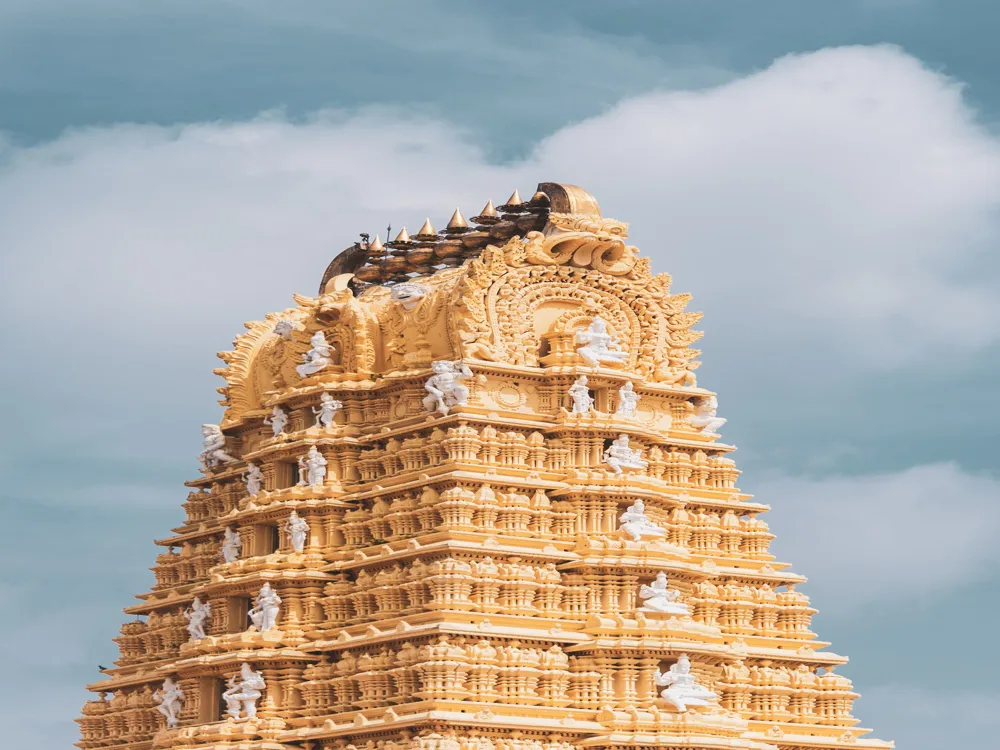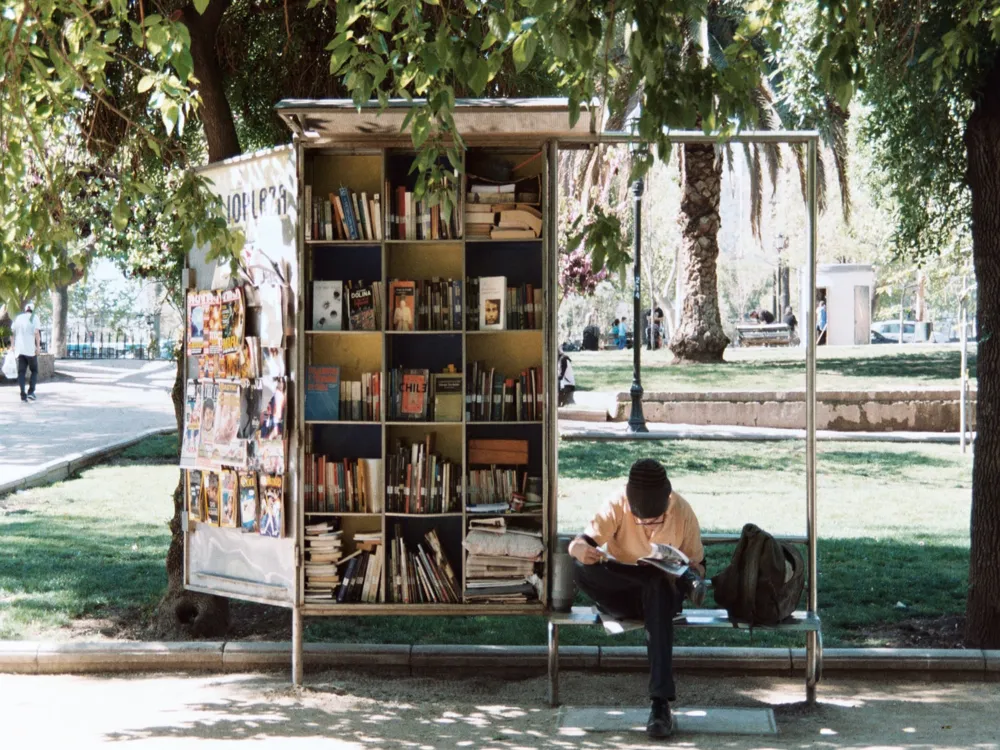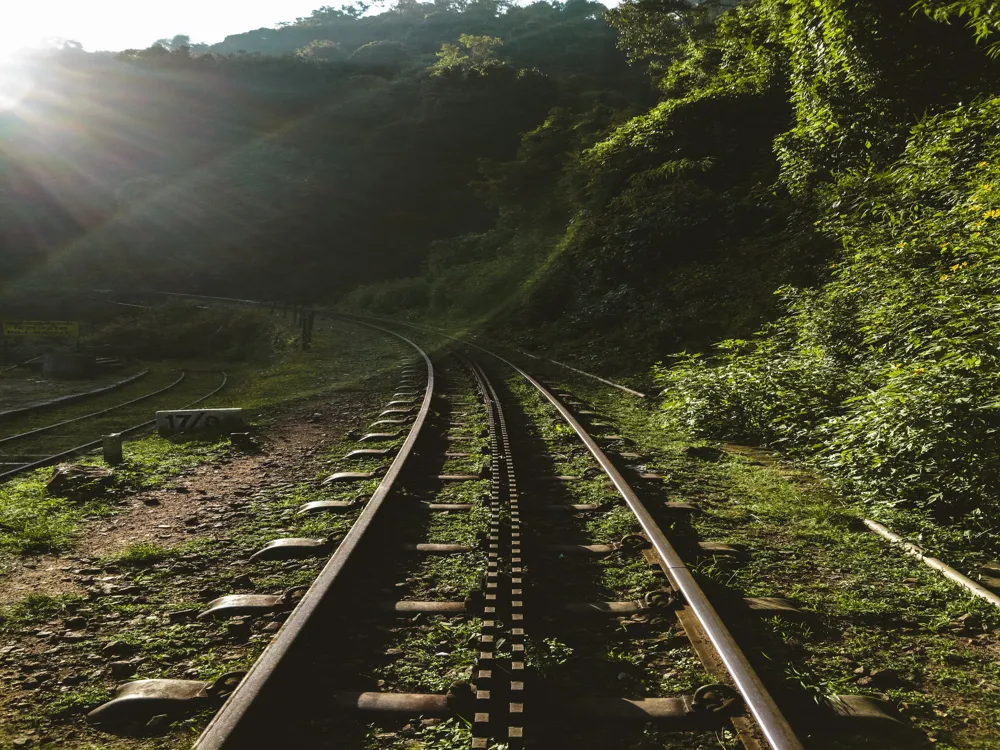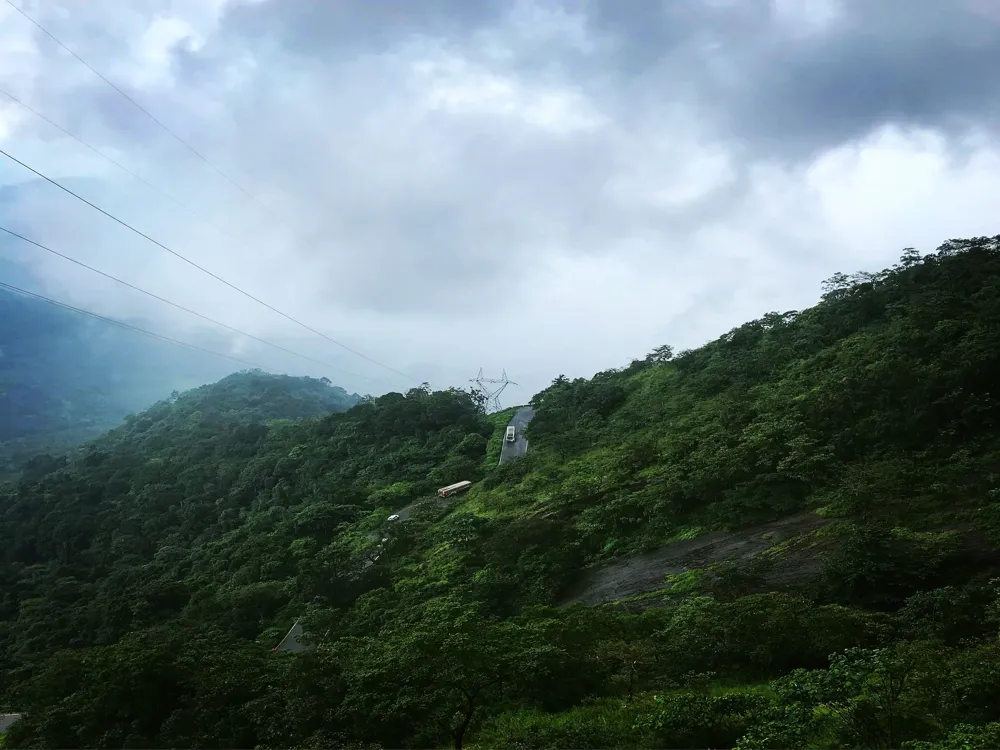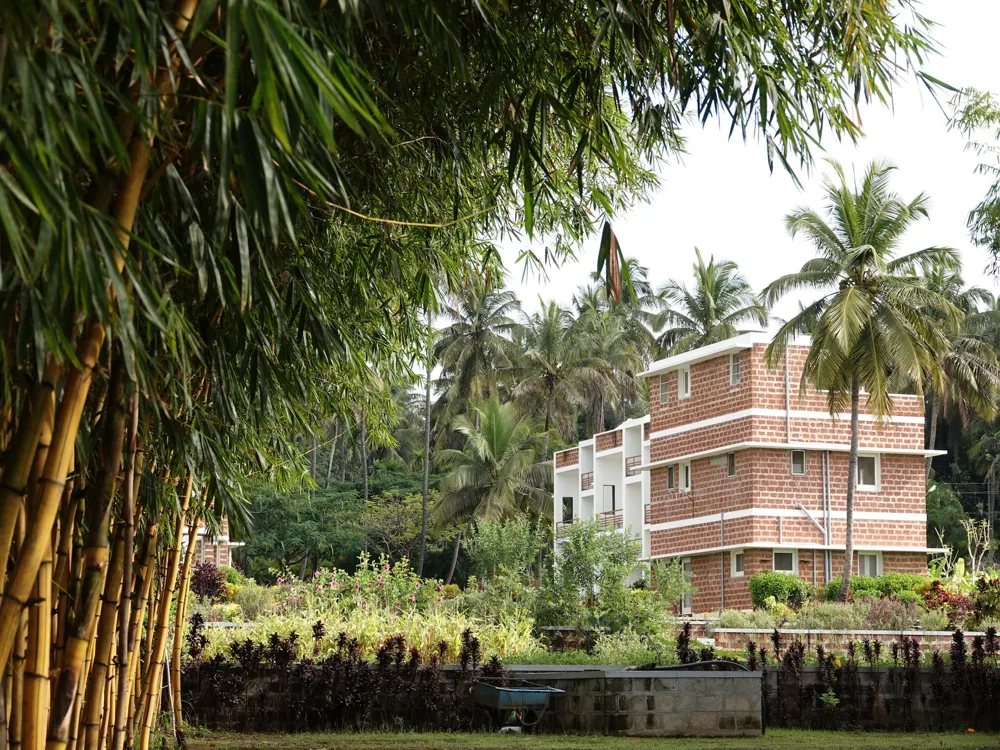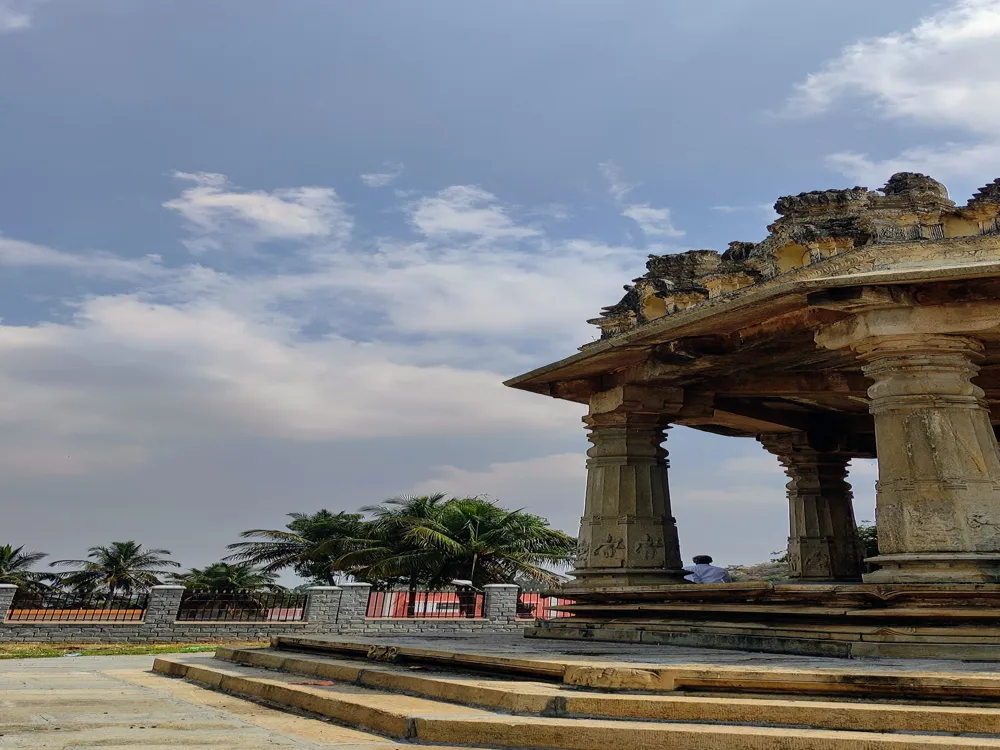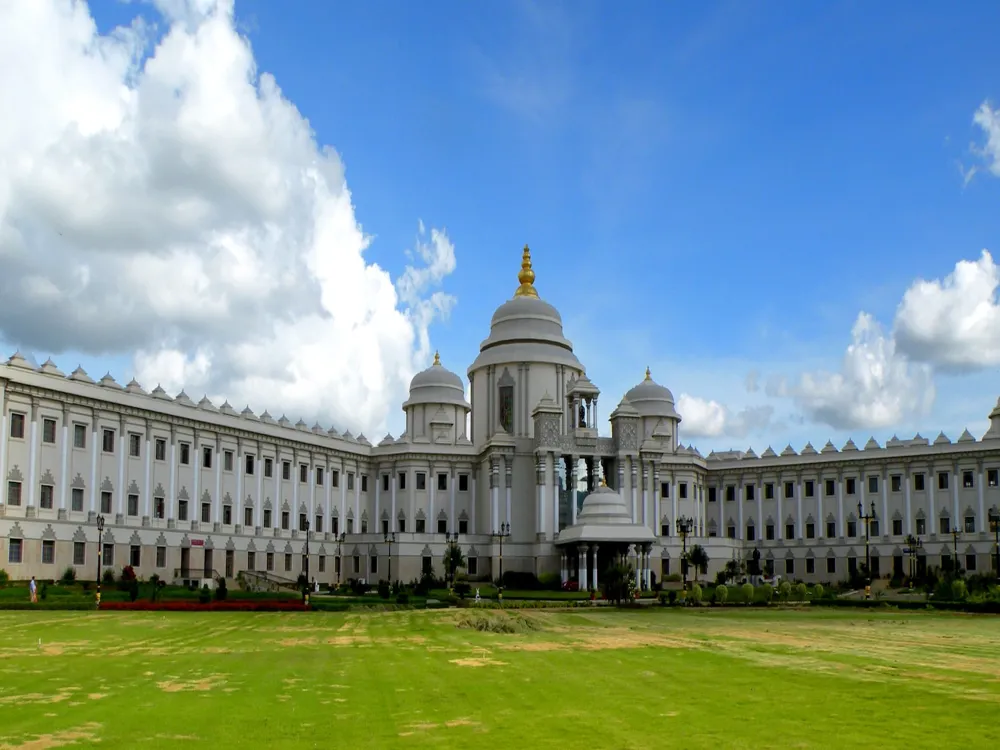Mysore, a city known for its rich history and majestic architecture, is also home to the fascinating Rail Museum. Established in 1979 by the Indian Railways, this museum is a tribute to the evolution of railways in India. Situated near the Mysore Railway Station, it is the second such museum after the National Railway Museum in Delhi and has been a significant tourist attraction for railway enthusiasts and history buffs alike. The Rail Museum in Mysore showcases a diverse collection of photographs and objects related to the development of railways. These include various models of trains, engines, and carriages that played a crucial role in the historical growth of railway transportation in India. One of the primary attractions here is the Sri Ranga Pavilion, housing two royal coaches that belonged to the Maharaja of Mysore. These coaches are exemplary of opulence, with intricate interiors and luxurious fittings, reflecting the grandeur of the royal era. Another highlight of the museum is the Chamundi Gallery, displaying an extensive collection of photographs and paintings depicting the growth of railways in India. Visitors can also witness a range of signaling equipment, lights, and other railway-related artifacts, giving them a comprehensive view of the operational side of the railways. A mini-train ride around the museum premises adds a fun and interactive element to the visit, especially appealing to younger visitors. The Rail Museum does not just exhibit the past; it takes you on a journey through the evolution of Indian Railways. Its outdoor exhibit includes several decommissioned locomotives and carriages, allowing visitors to explore them up close. These include the Maharani Saloon carriage with a kitchen, dining car unit, and royal toilet dating back to 1899. The museum also houses the first-ever Austin railcar, which intriguingly combines the features of a car and a train. For those interested in the technical and mechanical aspects, the museum displays various types of engines, including steam, diesel, and electric, illustrating the technological advancements over the years. The meticulously maintained grounds and the picturesque setting of the museum provide a perfect backdrop for a day out, making it a must-visit destination for anyone visiting Mysore. The Rail Museum in Mysore is not just about its impressive collection; its architecture too is a subject of great interest. Reflecting the essence of India's railway history, the architecture of the museum is a blend of traditional and modern design elements. The museum is strategically located near the Mysore Railway Station, making it easily accessible and visually aligned with the theme of railways. The entrance of the museum is marked by a charming, old-world steam locomotive, setting the historical tone for what lies ahead. As visitors walk through the museum, they are greeted with a series of outdoor exhibits that include vintage locomotives displayed on actual railway tracks. This outdoor setting not only showcases the trains in their natural environment but also allows visitors to appreciate the sheer size and engineering marvel of these machines. The Sri Ranga Pavilion, which houses the royal coaches, is an architectural masterpiece in itself. The pavilion is designed to protect these precious coaches while allowing visitors to view them in their full glory. The intricate woodwork, the luxurious interiors, and the overall design of these coaches speak volumes about the craftsmanship of the era they belong to. The Chamundi Gallery, another architectural gem within the museum, is designed with large windows and ample space, giving it an airy and open feel. This design choice ensures that the photographs and paintings are displayed in a well-lit environment, enhancing the viewing experience. The gallery's layout is thoughtfully planned to take visitors on a chronological journey through the history of Indian railways. The museum also integrates interactive and child-friendly areas, such as the mini-train ride and the dedicated children's activity area. These spaces are designed with safety and accessibility in mind, ensuring a fun and educational experience for all ages. The landscaping around the museum complements its architecture, with lush green lawns and well-maintained gardens adding to the aesthetic appeal of the place. Overall, the architecture of the Rail Museum in Mysore is a thoughtful amalgamation of history, functionality, and aesthetics. It provides a fitting backdrop to the rich collection of railway memorabilia and offers a delightful experience to its visitors. The best time to visit the Rail Museum is during the cooler months from October to February, as the weather in Mysore is pleasant, making outdoor exploration more comfortable. Allocate at least 1-2 hours for your visit to thoroughly enjoy the exhibits and the outdoor displays. This duration allows you to immerse yourself fully in the history and evolution of Indian Railways. Photography is allowed in most parts of the museum, making it an excellent opportunity for enthusiasts to capture the historical trains and carriages. However, always check for any photography restrictions in certain areas. Consider opting for a guided tour if available, as it provides in-depth information and interesting anecdotes about the exhibits, enhancing your overall experience. The museum is equipped with basic facilities like restrooms and drinking water. It's also wheelchair accessible, ensuring a comfortable visit for everyone. Don’t miss the mini-train ride, especially if you’re visiting with children. It's not only fun but also gives a unique view of the museum’s premises. Check out the souvenir shop for memorabilia like miniature train models, postcards, and books on railways, which make for great keepsakes or gifts. The Rail Museum in Mysore is conveniently located and easily accessible by various modes of transportation. It's situated just opposite the Mysore Railway Station, making it highly accessible for those arriving by train. For those preferring road transport, the museum is well-connected by city buses, and there are ample auto-rickshaws and taxis available throughout the city. For visitors driving their vehicles, there is sufficient parking space available near the museum. The proximity of the museum to other major tourist attractions in Mysore makes it a convenient addition to any travel itinerary in the city. Read More:Overview of Rail Museum, Mysore
Architecture of Rail Museum, Mysore
Tips When Visiting Rail Museum, Mysore
Best Time to Visit
Duration of Visit
Photography
Guided Tours
Facilities and Accessibility
Interactive Activities
Souvenirs
How To Reach Rail Museum, Mysore
Rail Museum, Mysore
Mysore
Karnataka
NaN onwards
View mysore Packages
Weather :
Tags : Museum
Timings : 10:00 AM - 5:30 PM, Closed on Mondays.
Time Required : 1-2 hrs
Entry Fee : INR 15
Planning a Trip? Ask Your Question
Mysore Travel Packages
View All Packages For Mysore
Top Hotel Collections for Mysore

Private Pool

Luxury Hotels

5-Star Hotels

Pet Friendly
Top Hotels Near Mysore
Other Top Ranking Places In Mysore
View All Places To Visit In mysore
View mysore Packages
Weather :
Tags : Museum
Timings : 10:00 AM - 5:30 PM, Closed on Mondays.
Time Required : 1-2 hrs
Entry Fee : INR 15
Planning a Trip? Ask Your Question
Mysore Travel Packages
View All Packages For Mysore
Top Hotel Collections for Mysore

Private Pool

Luxury Hotels

5-Star Hotels

Pet Friendly






